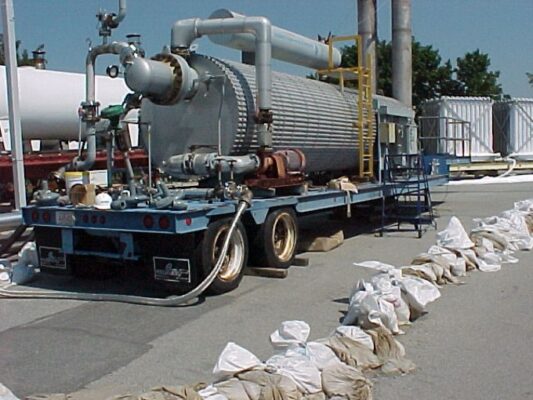E – 2098 Liquefied Natural Gas (LNG) – PART 10 of 10 Integration of Peak Shaving facilities into an LDCs gas supply system
$75.00
Courses Included
This course, ‘Integration of Peak Shaving Facilities into a Local Distribution Company (LDC)
Gas System and Gas Outage Avoidance,’ provides an in-depth exploration of the strategies
and methodologies necessary to maintain gas system reliability. With a focus on LNG peak
shaving facilities, this course examines their role in mitigating gas shortages, ensuring
energy security, and supporting local distribution systems during critical demand periods.
Participants will gain a comprehensive understanding of the factors that contribute to gas
outages, including low gas pressure, extreme weather conditions, equipment malfunctions,
and operational errors. The course will discuss the decision-making processes involved in
determining when an outage should be declared and how to isolate affected areas to
minimize risks effectively. Additionally, attendees will explore the causes and outcomes of
outages to extract valuable lessons for future prevention.
A key focus of the course is the role of LNG as a peak-shaving resource. Attendees will
examine the operational considerations for LNG facilities, including vaporization readiness,
odorization systems, and the logistics of LNG transportation and deployment. The course
will also address regulatory requirements, safety protocols, and the economic impact of
integrating LNG into an LDC’s supply portfolio.
Other critical topics include single-point failure analysis, emergency response coordination,
and best practices for system reinforcement. Participants will explore proactive planning
methods, including load-shedding strategies, gas system reinforcement, and mutual aid
agreements to ensure preparation for potential supply disruptions.
This course is designed for engineers, utility managers, and decision-makers responsible for
maintaining gas supply reliability and responding to emergencies. By the end of the course,
attendees will have the knowledge and tools necessary to enhance system resilience,
optimize LNG deployment, and effectively manage gas supply emergencies.
For this intermediate-level course, the learner must have a basic knowledge of LNG and its uses.






